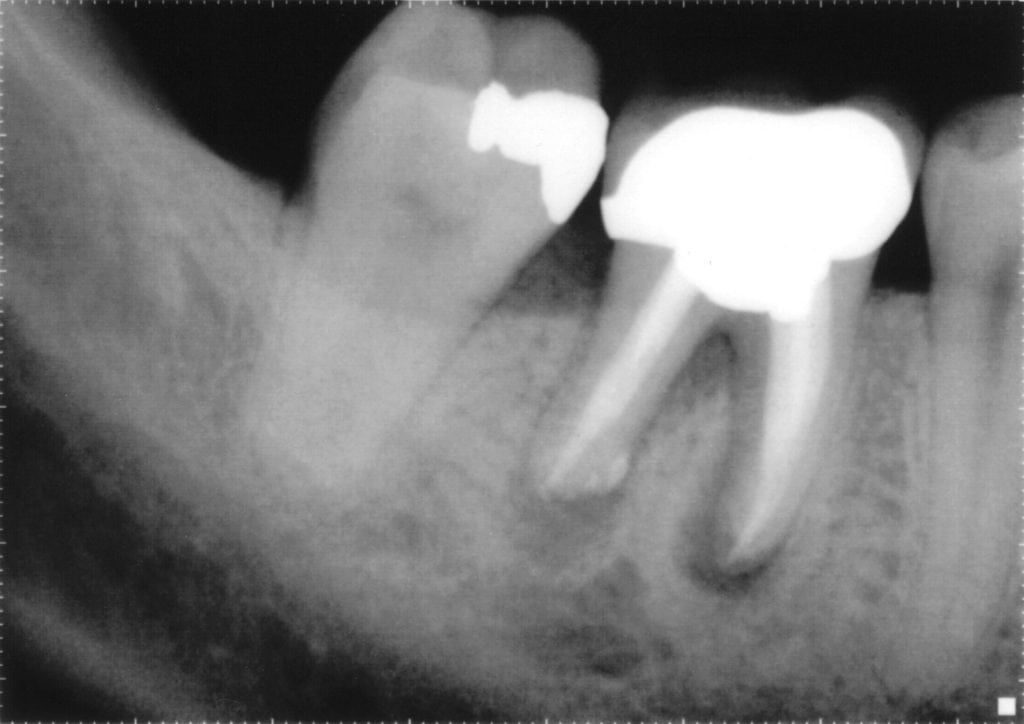When it comes to dental care, regular brushing and flossing are important. While many people adhere strictly to this regimen and see a dentist regularly, the root can sometimes become infected. This could be due to poor hygiene or simply bad luck. While many infections resolve with dental care, brushing, and antibiotics, sometimes surgery is required. One of the procedures used to remove infections from the roots is called apical surgery. Apical surgery, like any surgical procedure, has its risks and benefits. This good news is that many of the risks are mild and that the surgical procedure has a long history of success. With this in mind, what are some of the questions that people have?
Frequently Asked Questions
How does a root become infected?
As stated above, apical surgery is a procedure used to remove an infection that sometimes attacks the tips of roots. This infection usually begins when bacteria colonize the surrounding bone and spread to the outside of the root. This mat of bacteria is referred to as a biofilm. When the infection reaches the tip of the root, apical surgery is sometimes required to remove the infection. While apical surgery is relatively uncommon with advances in non-surgical treatment, it is still effective in some cases.
Who is a candidate for apical surgery?
Apical surgery is usually reserved for cases hat have failed normal root canal treatment. A root canal is the standard treatment used to treat infections around and inside of roots but no procedure is perfect. When a root canal fails to remove an infection, apical surgery is the next option. There are numerous reasons that a separate procedure might fail, including resistant bacteria in the biofilm, another source of infection causing a reinfection, or chronic infection leading to a damaged root that needs removal. With numerous reasons impacting the way infected roots are treated, it is necessary to have a second option in mind. Apical surgery represents this option.
Does apical surgery hurt?
It is common for every surgical procedure to come with some mild discomfort. With this in mind, every patient has various degrees of pain tolerance. When apical surgery is correctly managed, the vast majority of patients handle the procedure without incident. There are numerous options for pain management during the procedure. After the procedure, postoperative management of pain is important. In this situation, there are also multiple options to tailor every pain management regiment to the needs of the patient. Anyone with reservations about the procedure because of the potential for pain should discuss their concerns with a medical professional.
Apical surgery is a procedure used to remove infections from the tips of roots. In most cases, it is used as a backup to a root canal treatment. It is common for patients to have concerns prior to undergoing a surgical procedure. It is important that every patient concern is addressed because every surgical procedure has its risks and benefits. Patients should talk to a qualified medical professional to have their concerns addressed prior to apical surgery.






